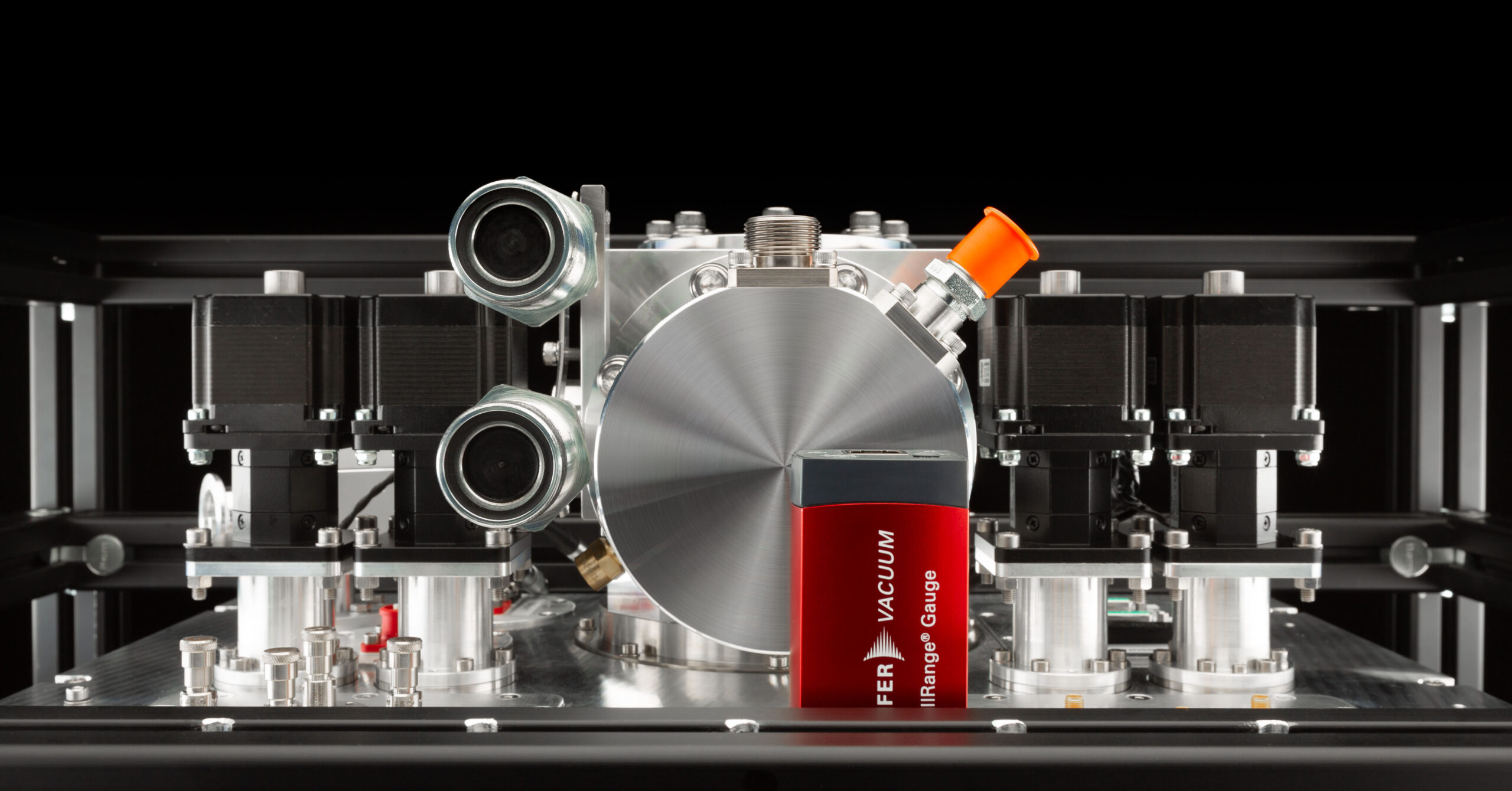
MARQUAND
BMBF
MARQUAND Research Consortium
Development and cryogen-free operation of highly efficient quantum detectors
The MARQUAND project was a joint effort by the Walter-Schottky Institute (WSI) at the Technical University of Munich and kiutra.
This project was set up with the aim of developing and operating highly efficient single-photon detectors with low dark count rates.
WSI researched superconducting nanowire single-photon detectors. These thin sensor stripes are temporarily turned from the superconducting to the normal conducting (resistive) state by the impact of a photon and can thus detected even very faint light signals. For their optimal operation, these detectors need to be cooled to very low temperatures.
kiutra developed a completely new, compact, and cryogen-free platform for the operation of cryogenic detectors at temperatures well below 1 K (-272,15° C). While typical cooling techniques for sub-kelvin temperatures demand complex setups with rare and costly cryogens such as helium-4 and helium-3, our magnetic refrigeration has minimal infrastructure requirements, facilitating the operation of low-temperature detectors even at large scale and in a non-laboratory environment.
Supported by
The MARQUAND research consortium has received funding from the German Federal Ministry of Education and Research (BMBF) within the framework “Key components for quantum technologies” (grant no. 13N15021).
